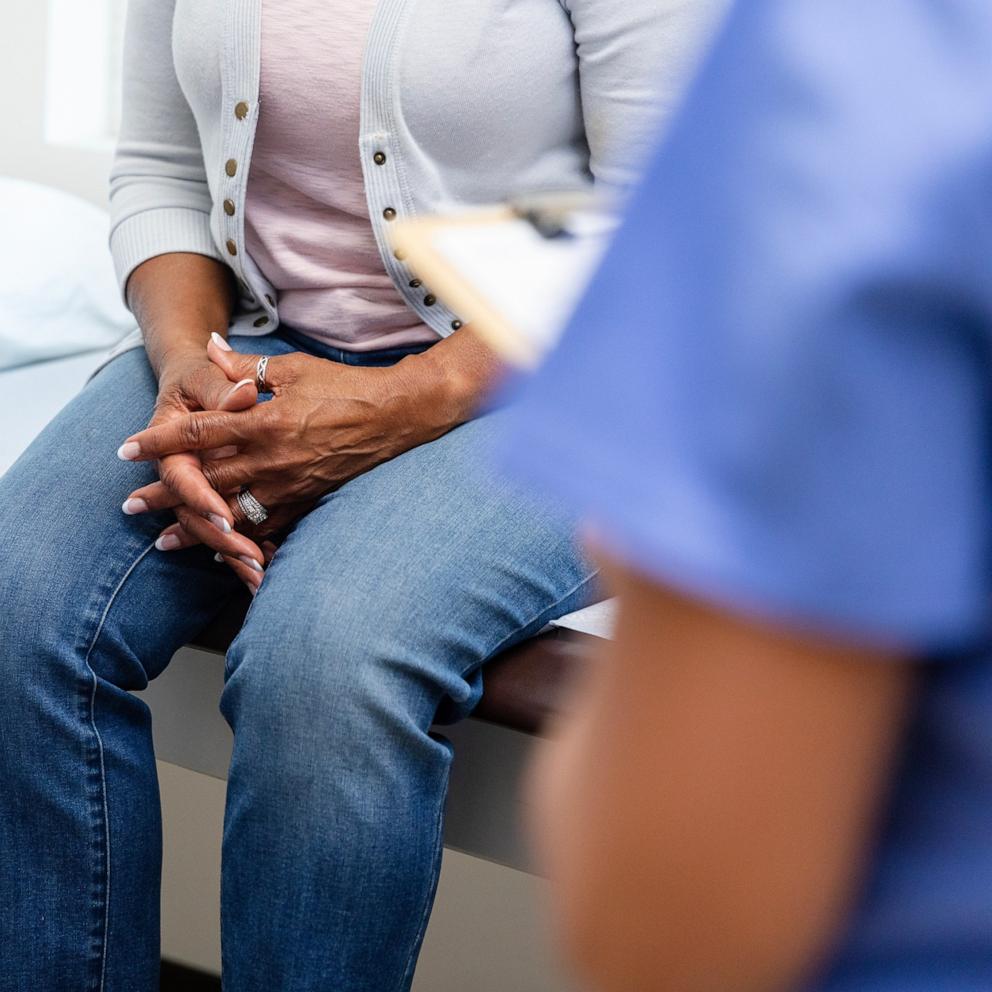Weight-loss meds may give people more control over drinking, study shows
Popular obesity and diabetes drugs called GLP-1 medications may have added benefits, with a new study finding they helped heavy drinkers cut alcohol consumption by nearly 70%.
The study, published Friday during the 32nd European Congress on Obesity in Spain, also found these GLP-1 drugs were more effective than a drug called nalmefene, which is approved in Europe explicitly to help people cut back on alcohol.
For the study, researchers followed 262 adults who were prescribed GLP-1 medications like semaglutide or liraglutide to help with weight loss.
The researchers also tracked changes in alcohol use to explore a possible added benefit.
Heavy drinkers -- those consuming 11 or more units of alcohol per week, roughly equal to six or more standard drinks like beers or glasses of wine -- saw the biggest drops in consumption. Notably, no participants reported drinking more after starting the medication. And it seemed to work equally well for men and women.

Patients also lost about 17 pounds on average over four months. People who drank less tended to lose a little more weight, the researchers noted, possibly because they were cutting back on alcohol's empty calories.
"The significance of this has to be taken into context of what's available to treat alcohol use disorder," Dr. Maurice O'Farrell, lead author of the study and founder of the Medication Weight Loss Clinic in Dublin, Ireland, told ABC News. "The real advantage that this medication has is compliance, and what this medication does is it gives people a degree of control, it gives the concrete guardrails, and that is something that is completely unique."
Scientists have been studying other possible health benefits of GLP-1s besides diabetes management and weight loss for this class of medication, which includes drugs like Ozempic and Wegovy, in the wake of their booming popularity.
Prior studies and anecdotal reports from patients have hinted that these medications may help cut cravings for alcohol and other addictive substances. One possible explanation is that they act on parts of the brain that control reward and satisfaction.
According to the study, GLP-1 drugs may affect brain chemicals tied to pleasure and fullness, though more research is needed to fully understand the exact mechanism.
"They attenuate dopamine release in reward pathways, and these pathways are common to food satisfaction but also to the pleasure people get from alcohol," O'Farrell said. "They drink more slowly and also the gastric emptying is slowed -- that means the absorption of alcohol is slower, so it is less pleasurable."
Because this study took place in a real-world clinical setting -- not a controlled lab -- it may better reflect how people actually drink alcohol in everyday life.
But the study did have a few limitations. There was no control group for comparison and researchers relied on people to report their own drinking habits, which they don't always remember accurately. About a third of the participants didn't complete the study, which makes the results less certain.
If these results are confirmed in larger studies, O'Farrell said he thinks they could offer a new way to help people cut back on alcohol, especially those who haven't had success with current treatments.
Dr. Keerthana Pakanati is a Cardiovascular Disease Fellow at Virginia Mason Franciscan Health and a member of the ABC News Medical Unit.







